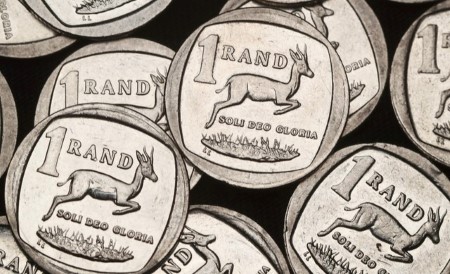




Philippines Trade Update: Imports weaken on tepid demand
 DOWNLOAD
DOWNLOAD

Policy Rate Updates: BSP outlook — cloudy with a chance of rate cut
 DOWNLOAD
DOWNLOAD

January Economic Update: Growth slows, prices rise
 DOWNLOAD
DOWNLOAD


Relief across stocks, currencies as aggressive Fed hike bets cool

Aug 11 (Reuters) – Emerging market stocks hit six-week highs on Thursday after softer-than-expected US inflation growth saw markets scale back bets about the Federal Reserve’s aggressive pace of tightening.
Currencies of the developing world also found some support, with an MSCI index extending gains to a third straight session.
Denting the dollar, data on Wednesday showed US consumer prices were unchanged in July due to a sharp drop in the cost of gasoline. Markets now expect the Fed to hike by a smaller magnitude after two 75 basis point hikes.
“When Fed Funds eventually peaks, it should provide some relief for EM countries via less upward pressure on the USD — especially with the USD overvalued,” said Mike Gallagher, director of research at Continuum Economics.
“However, global commodity prices and the domestic inflation fight are the key issues for large EM policy. With more labor market slack than the US, large EM (central banks) can navigate a more gradual course of interest rate hikes.”
Several emerging market central banks had embarked on aggressive tightening cycles aimed at taming surging inflation in a post-pandemic world struggling with the fallout of the Russian-Ukraine war. The Fed’s interest rate hiking cycle added to woes as monetary authorities tried to keep their currencies attractive for carry trade.
China’s yuan, however, eased from four-week highs on Thursday, slipping 0.2% as fresh lockdowns due to rising COVID-19 infections added to worries about the sustainability of a recovery in the world’s second-largest economy.
But Chinese blue-chips and Hong Kong stocks jumped 2%, leading gains across the emerging market universe on Thursday.
Elsewhere, South Africa’s rand fell 0.3%, to around 16.21 to the dollar, after surging 2.7% in the risk-on rally on Wednesday.
Gains in the rand will prove short-lived until it trades back below the 16.20 per dollar level, said Shaun Murison, senior market analyst with IG.
For Hungary and the Czech Republic, the resumption of Russian oil pipeline flows after a six-day halt further bolstered sentiment. Hungary’s forint rose 0.4%, while the Czech crown firmed 0.3%.
In war-ravaged Ukraine’s debt market, overseas creditors have backed Kyiv’s request for a two-year freeze on payments on almost USD 20 billion in international bonds, a regulatory filing showed on Wednesday, a move that will avoid a messy default.
Turkeys lira fell 0.4%, inching closer to all-time lows. Turkey’s central bank said on Thursday the country’s current account deficit in June narrowed to USD 3.458 billion, slightly more than expected.
(Reporting by Susan Mathew in Bengaluru; Editing by Kim Coghill)
This article originally appeared on reuters.com





 By Reuters
By Reuters